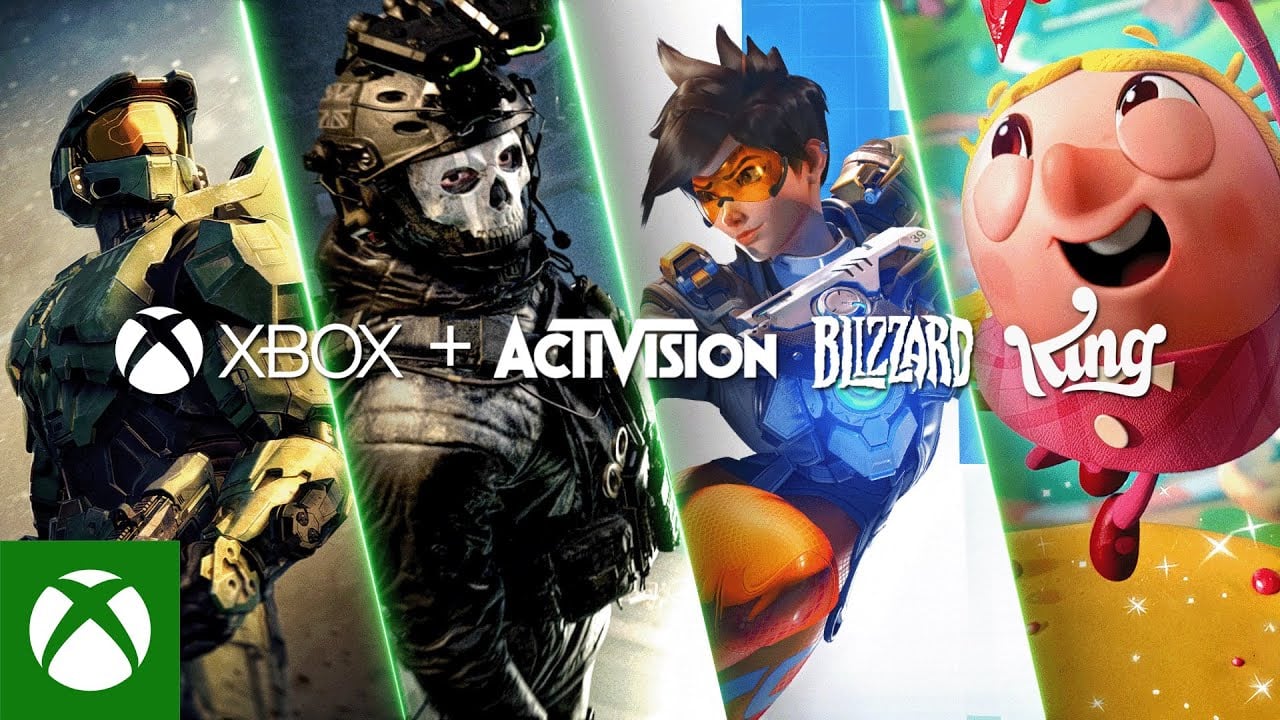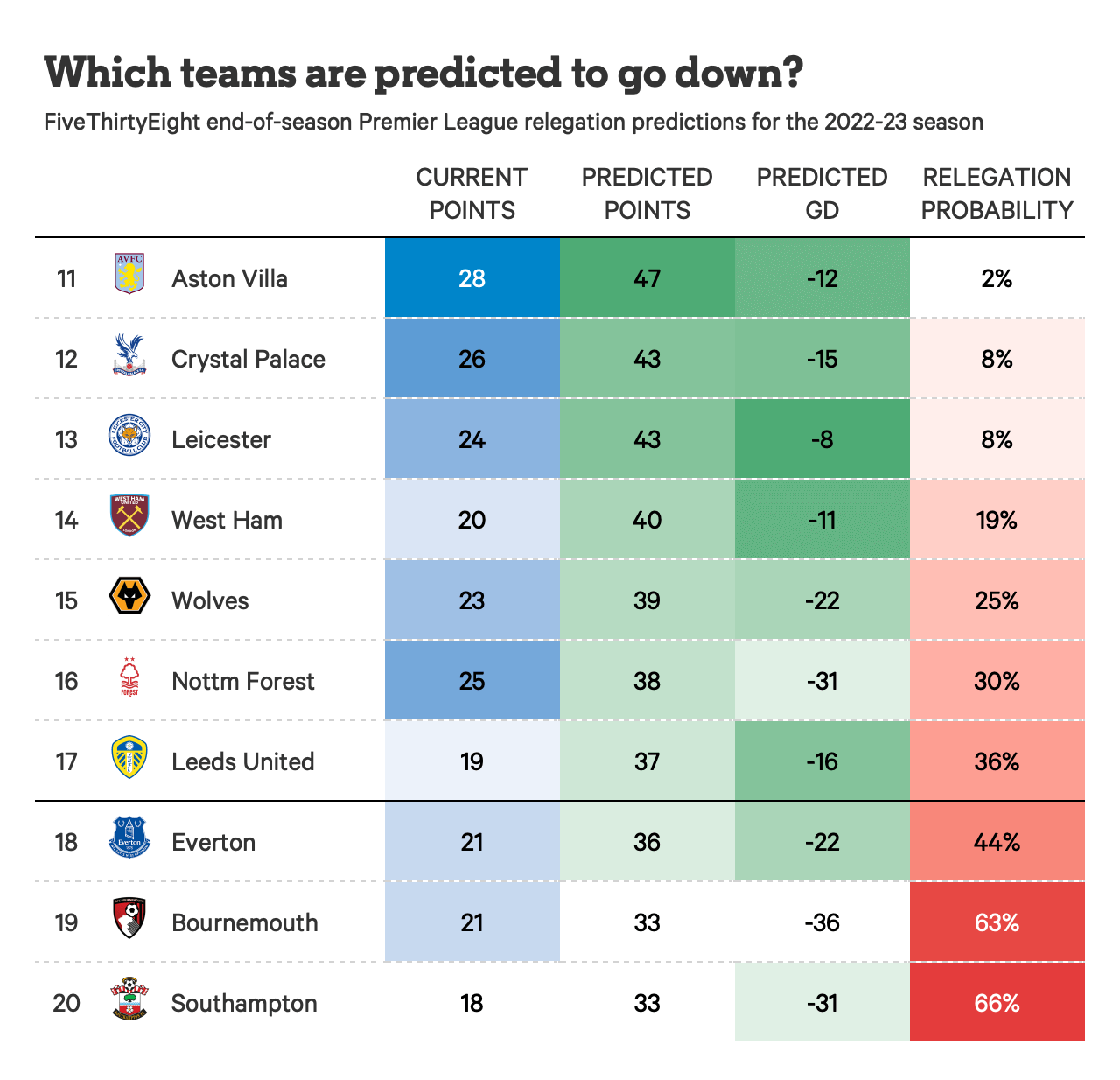Microsoft Activision Deal: FTC Challenges Court Decision

Table of Contents
The FTC's Case Against the Microsoft Activision Merger
The FTC launched a robust legal challenge against the Microsoft Activision merger, arguing it would create a monopoly and harm consumers. Their case rested on several key pillars:
Concerns about Anti-Competitive Practices
The FTC's core argument centers on the potential for anti-competitive practices following the merger. They argue that Microsoft's acquisition of Activision Blizzard would significantly reduce competition, particularly within the gaming console and subscription markets. This would ultimately translate to a negative experience for gamers.
- Reduced choice for gamers: Less competition could lead to fewer game choices and less innovation.
- Higher prices for games: A lack of competition could allow Microsoft to increase prices for Activision Blizzard games.
- Limited innovation in the gaming industry: A dominant player might stifle innovation by focusing on maintaining market share rather than pushing technological boundaries.
- Potential for Microsoft to make Call of Duty exclusive to Xbox: This was a major concern, potentially locking out PlayStation and other platforms from one of the most popular gaming franchises.
- Stifled competition among game developers: Smaller studios might find it harder to compete with a giant like Microsoft controlling Activision Blizzard's resources.
The Role of Call of Duty
The FTC heavily emphasized the significance of Call of Duty. Its immense popularity and market dominance make it a crucial element in the debate. The FTC argued that Microsoft could leverage its ownership to harm competitors like Sony PlayStation.
- Call of Duty's market dominance: Call of Duty's consistent top-selling status signifies its importance in the gaming landscape.
- Potential for exclusive content or platform limitations: Microsoft could restrict access to Call of Duty content or make it exclusive to Xbox, hurting PlayStation users.
- Impact on PlayStation's market share: Losing access to Call of Duty could significantly impact PlayStation's market share and competitiveness.
- Antitrust implications of controlling a major gaming franchise: Controlling such a major franchise raises significant antitrust concerns regarding market power and manipulation.
The FTC's Legal Strategy
The FTC employed a multifaceted legal strategy, relying on established antitrust laws and substantial evidence.
- Specific antitrust laws cited: The FTC cited relevant antitrust statutes designed to prevent monopolies and anti-competitive mergers.
- Evidence presented by the FTC: The FTC presented extensive evidence, including market analysis, expert testimony, and internal documents, to support its claims.
- Expert testimony and analysis: Economic experts provided testimony outlining the potential anti-competitive effects of the merger.
- The FTC's overall legal strategy: Their strategy aimed to demonstrate that the merger would substantially lessen competition, harming consumers.
The Court's Decision and its Rationale
Despite the FTC's arguments, the court ultimately ruled in favor of Microsoft, allowing the Microsoft Activision merger to proceed.
The Judge's Ruling
The judge's ruling rejected the FTC's claims, finding insufficient evidence to support their assertion that the merger would substantially lessen competition.
- Key points of the judge's ruling: The court emphasized the lack of compelling evidence demonstrating a significant likelihood of anti-competitive behavior.
- The court's assessment of the FTC's evidence: The judge deemed some of the FTC's evidence speculative or insufficient to prove harm to consumers.
- Legal precedents cited by the court: The court cited various legal precedents supporting its decision to allow the merger.
- The court's view on the potential for anti-competitive behavior: The court acknowledged the potential for anti-competitive practices but found it insufficiently likely to justify blocking the merger.
Analysis of the Court's Reasoning
The court's decision, while seemingly decisive, presents some points open to interpretation and potential future challenges.
- Potential loopholes in the ruling: Some critics argue the ruling might contain loopholes that could allow Microsoft to engage in anti-competitive practices in the future.
- Areas where the court's reasoning may be challenged: The weight given to certain evidence and the interpretation of legal precedents could be challenged in higher courts.
- Long-term implications of the decision: The decision's long-term impact on the gaming industry and regulatory landscape remains to be seen.
- Comparison with similar antitrust cases: Comparisons with similar antitrust cases reveal varying legal interpretations and outcomes, highlighting the complexity of such rulings.
Implications for the Gaming Industry and Beyond
The Microsoft Activision deal, and the subsequent legal battles, have far-reaching consequences for the gaming industry and the broader tech sector.
Impact on Competitors
The merger's impact on competitors, particularly Sony PlayStation, is significant.
- Sony PlayStation's position: Sony faces a potential loss of market share and influence if Microsoft restricts access to Call of Duty or other Activision Blizzard titles.
- Other major game publishers: Other major publishers might face increased pressure to compete with the combined power of Microsoft and Activision Blizzard.
- The impact on smaller game studios: Smaller studios may face increased challenges due to the consolidation of power in the gaming industry.
- The broader effect on the gaming ecosystem: The deal will likely reshape the gaming ecosystem, influencing game development, distribution, and pricing strategies.
Future of Game Mergers and Acquisitions
This case sets a precedent for future mergers and acquisitions within the gaming and technology industries.
- Regulatory scrutiny of future deals: Expect increased regulatory scrutiny and challenges to future large-scale mergers in the gaming and tech sectors.
- Changes to antitrust laws or enforcement: This case might lead to discussions about amending antitrust laws or enhancing their enforcement.
- Implications for investor confidence in the gaming sector: The outcome will influence investor confidence and investment strategies in the gaming industry.
Conclusion
The FTC's challenge to the Microsoft Activision deal underscores the ongoing debate surrounding mergers and acquisitions in the dynamic gaming industry. While the court initially favored Microsoft, the long-term implications for competition, consumer choice, and the broader gaming ecosystem remain substantial and require ongoing observation. The outcome of this legal battle will undoubtedly shape future regulatory approaches to large-scale mergers and acquisitions in the tech industry, setting important precedents for similar Microsoft Activision-type deals in the future. To stay updated on the latest developments regarding the Microsoft Activision deal, continue following reputable news sources and legal analyses.

Featured Posts
-
 The Blake Lively Taylor Swift And Gigi Hadid Drama A Familys Response
May 22, 2025
The Blake Lively Taylor Swift And Gigi Hadid Drama A Familys Response
May 22, 2025 -
 Adam Ramey Dropout Kings Vocalist Passes Away
May 22, 2025
Adam Ramey Dropout Kings Vocalist Passes Away
May 22, 2025 -
 Scrutiny Of Thames Water Executive Bonuses Were They Justified
May 22, 2025
Scrutiny Of Thames Water Executive Bonuses Were They Justified
May 22, 2025 -
 Senat S Sh A Rassmatrivaet Usilenie Sanktsionnogo Davleniya Na Rossiyu
May 22, 2025
Senat S Sh A Rassmatrivaet Usilenie Sanktsionnogo Davleniya Na Rossiyu
May 22, 2025 -
 Sejarah Dan Statistik Juara Premier League Data Seputar Liverpool Dan Rivalnya
May 22, 2025
Sejarah Dan Statistik Juara Premier League Data Seputar Liverpool Dan Rivalnya
May 22, 2025
